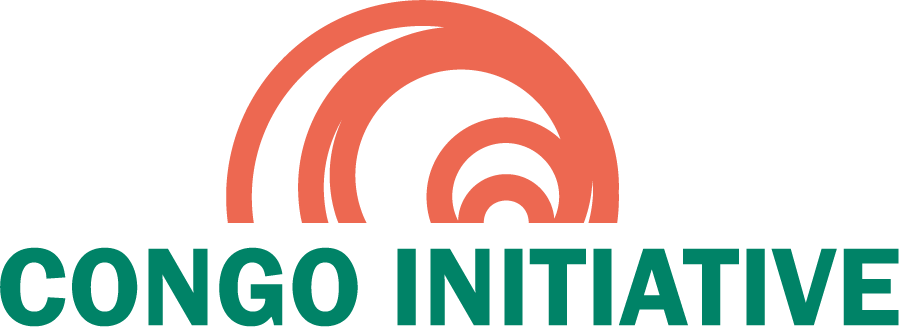The Church in D.R. Congo was initially birthed by European and American missionaries who evangelized throughout the region that would become known as the Belgian Congo (1885), later Zaire (1971), and finally the Democratic Republic of Congo (1997). Churches were planted, hospitals were built, and schools established that taught reading, writing and Bible knowledge. These schools provided an elementary education that was largely for the purpose of developing Bible literacy and basic theology. Throughout most of the colonial period, these parochial schools were the only ones available to the local population. Congolese clergy were trained in basic Bible Schools on a secondary school level, and the material taught was primarily taken from a Western context and merely devolved to the Congolese context, without consideration of interpretation by the local context. Furthermore, in accordance with the colonial policy of “divide and rule,” each individual mission agency or denomination was given permission to work only in areas of the country specifically designated for them. The result was rigid denominational divisions that still dominate D.R. Congo’s religious structure today, and these divisions often correspond to ethnic divisions. In the wake of D.R. Congo’s independence in 1960, many missionaries either voluntarily or forcibly fled the country, leaving behind a Congolese church that continued to worship, teach, and congregate using Western language, religious forms, hymnody and theology.
During the civil unrest and wars that followed independence, the Congolese Church provided refuge and sanctuary for many people. Churches were places where the sick would be cared for, the poor could hope to receive some assistance, and where refugees could find some shelter. However, the clergy were overwhelmed by the challenges they were facing and ill-equipped to properly address the crises. Their Bible training had not provided them with the tools they needed to handle the challenges they were facing. Today, as D.R. Congo emerges from divisive and brutal conflict, the Church faces the formidable task of providing a Christ-centered response to the violence, abuse and disease that has shattered the nation. Many Congolese people have found that the churches established by the missionaries no longer resonate with or adequately address their daily realities. The hymns they sing do not correspond to their own internal longings and cries. The rhythms and the teachings are largely irrelevant to the realities they face on a daily basis. As a result, revival and prosperity-gospel churches have sprung up and attracted large followings. These churches are generally founded and led by lay-people that have little-to-no biblical training, but feel that they have experienced a special calling from God and are being led by the Holy Spirit. The burden of responsibility is also heavy on these churches to offer solid, Christ-centered guidance and service to a community desperate for healing, renewal and reconciliation.
Mission
As a response to all this, Congo Initiative’s Center for Church Renewal and Global Mission is founded on the premise, articulated by Congolese church leaders themselves, that both the churches founded by missionaries and the revival churches must acquire the tools necessary to respond to the challenges facing today’s D.R. Congo. The Church must model an ethic of reconciliation through internal cooperation and by overcoming the divisions that stand as one regrettable legacy of the missionary era. The Church must seek answers to the following theological questions that are being asked on the streets of D.R. Congo’s towns and cities, and in the village communities throughout the country.
- Where is God in the midst of suffering?
- How can the Church offer a holistic message of reconciliation and restoration to a shattered society?
- How can we live out a Biblical ethic of sexuality?
- How is the Church responding to HIV/AIDS?
- How can we forgive those who killed our brothers and sisters, those who raped our women and stole our crops?
- How can we live abundantly on this land, living off it, but also caring responsibly for it?
The Center for Church Renewal and Global Mission prepares the church to respond to today’s challenges by equipping Church leaders and Christians to become transformed agents of restoration and renewal who boldly teach and embody a theology that is uniquely suited for the war-torn, but resilient communities of Eastern D.R. Congo. Through our peace and reconciliation program, this Center is purposed to heal the wounds of conflict and restore positive relationships within families and communities and between ethnic groups. We teach and train ministers and lay persons for the renewal of holistic outreach and service to Congolese society that reflects the redemptive and restorative character of God.
